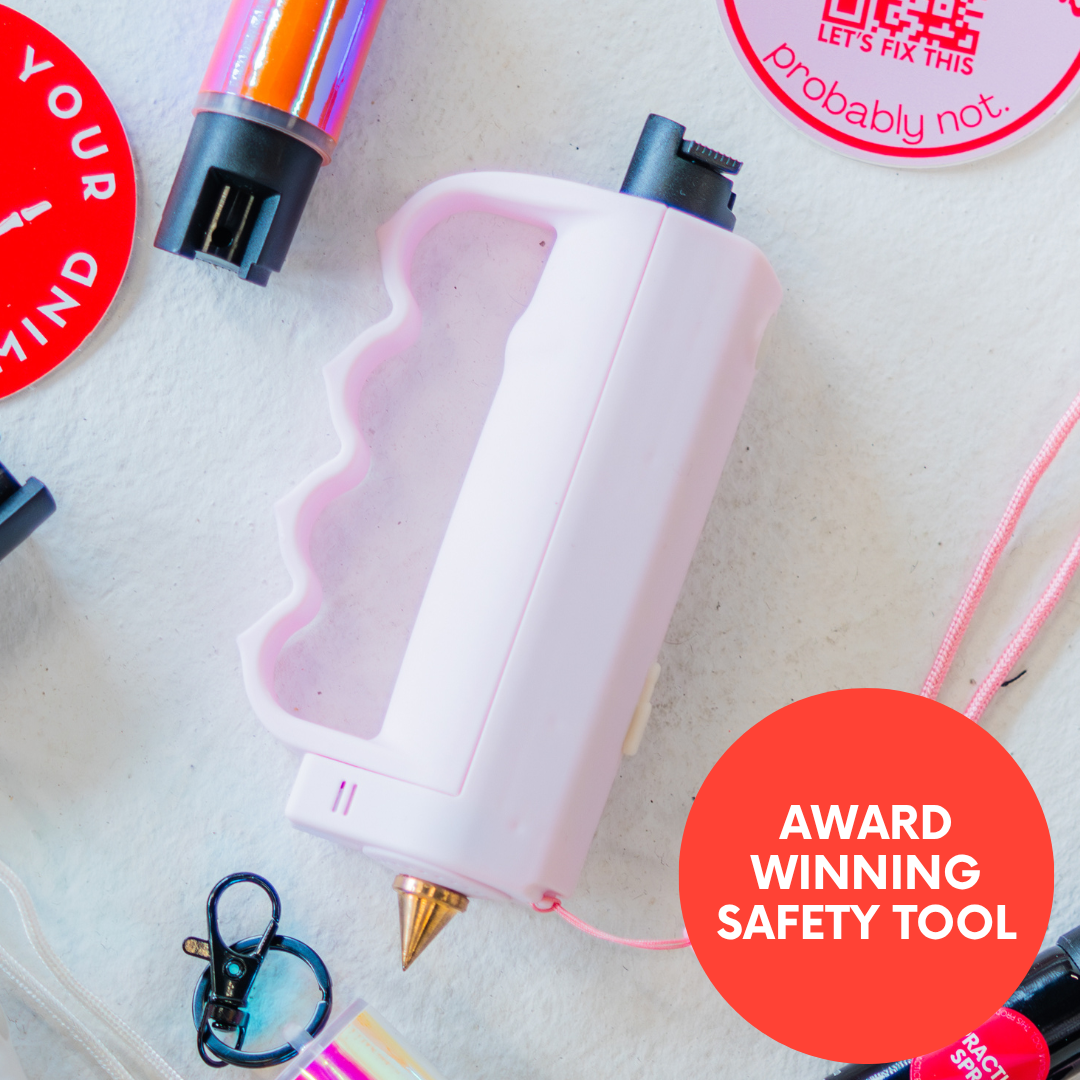Campus safety policies and regulations are super important, but they can be a bit confusing.
These rules are designed to keep us all safe and create a positive environment. Understanding them can help you navigate college life more confidently.
Let’s break it down together.
Campus Safety Policies and Regulations
Every college has a set of safety policies that everyone needs to know about. Here are some key ones to keep in mind:
- Code of Conduct: This is the big one. It outlines what’s expected of students in terms of behavior. Violating these rules can lead to serious consequences, so it’s worth reading through at least once.
- Alcohol and Drug Policies: Most campuses have strict rules about substance use. Knowing these can help you avoid trouble and stay safe. Remember, these policies are in place to keep everyone healthy and secure.
- Residence Hall Rules: If you live on campus, there are additional rules to follow. These often cover guest policies, quiet hours, and safety procedures like fire drills and evacuation plans.
- Reporting Procedures: It’s crucial to know how to report a safety issue or crime. Whether it’s through an online system, a campus safety office, or a dedicated hotline, understanding the process can make it easier to take action when needed.
Understanding Title IX and Its Implications for Safety
Title IX is a federal law that plays a big role in campus safety, especially when it comes to preventing and addressing sexual misconduct.
Here’s what you need to know:
What Is Title IX?
Title IX prohibits sex-based discrimination in any education program or activity that receives federal funding. This includes protections against sexual harassment, assault, and violence.
Your Rights
Under Title IX, you have the right to an education free from sexual discrimination and violence. Schools must take steps to prevent and address any form of sexual misconduct.
Reporting and Support
If you experience or witness sexual misconduct, you can report it to your school’s Title IX coordinator. They’re responsible for handling these issues and ensuring you have access to support services, such as counseling and academic accommodations.
Investigations and Outcomes
Title IX requires schools to investigate reports of sexual misconduct promptly and fairly. Both the complainant and the respondent have rights throughout the process, including the right to an advisor and the right to appeal decisions.
Student Rights and Responsibilities Regarding Safety
Being informed about your rights and responsibilities is key to staying safe and helping others do the same. Here’s what you should know:
- Your Rights:
- Right to Safety: You have the right to feel safe on campus. This includes access to safe housing, a harassment-free environment, and fair treatment.
- Right to Information: You’re entitled to information about campus safety policies, crime statistics, and reporting procedures.
- Right to Support: If you’re affected by a safety issue, you have the right to access support services like counseling, medical care, and academic accommodations.
- Your Responsibilities:
- Follow the Rules: Adhering to campus policies not only keeps you out of trouble but also contributes to a safer community.
- Stay Informed: Take the time to read up on campus safety policies and updates. Knowledge is power!
- Report Concerns: If you see something, say something. Reporting safety concerns helps keep the entire community secure.
- Support Each Other: Look out for your friends and fellow students. Offer support and direct them to resources if they’re in need.
Final Thoughts
Understanding campus safety policies and regulations might seem like a lot, but it’s all about creating a safe and supportive environment for everyone.
By knowing your rights & responsibilities and staying informed, you can help make your campus a better place.






